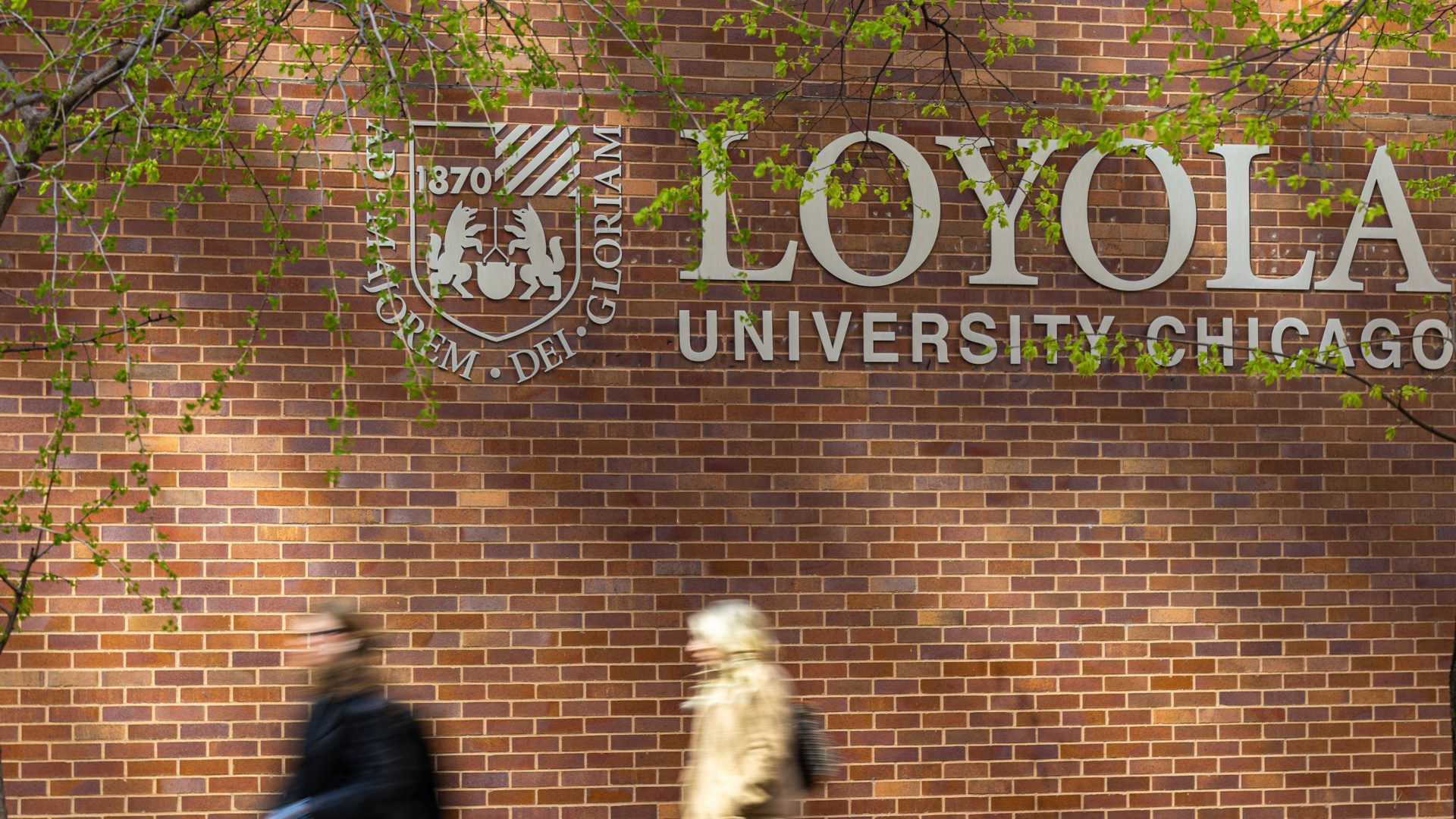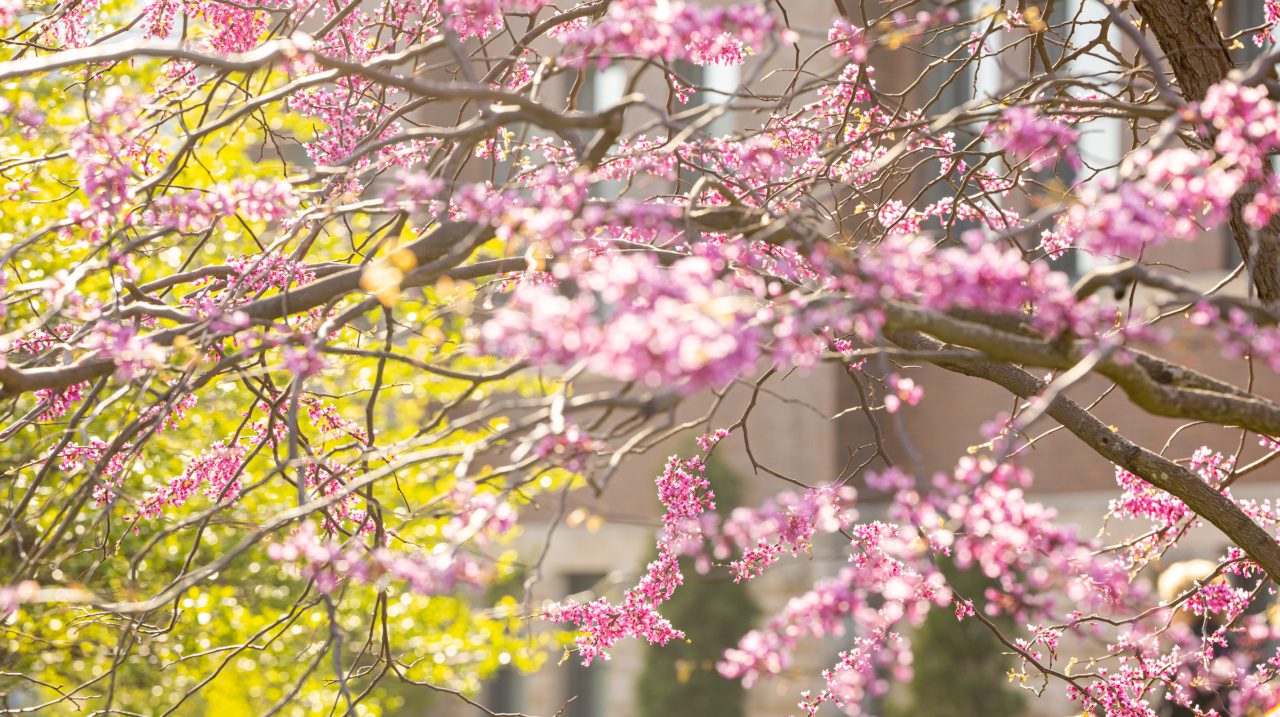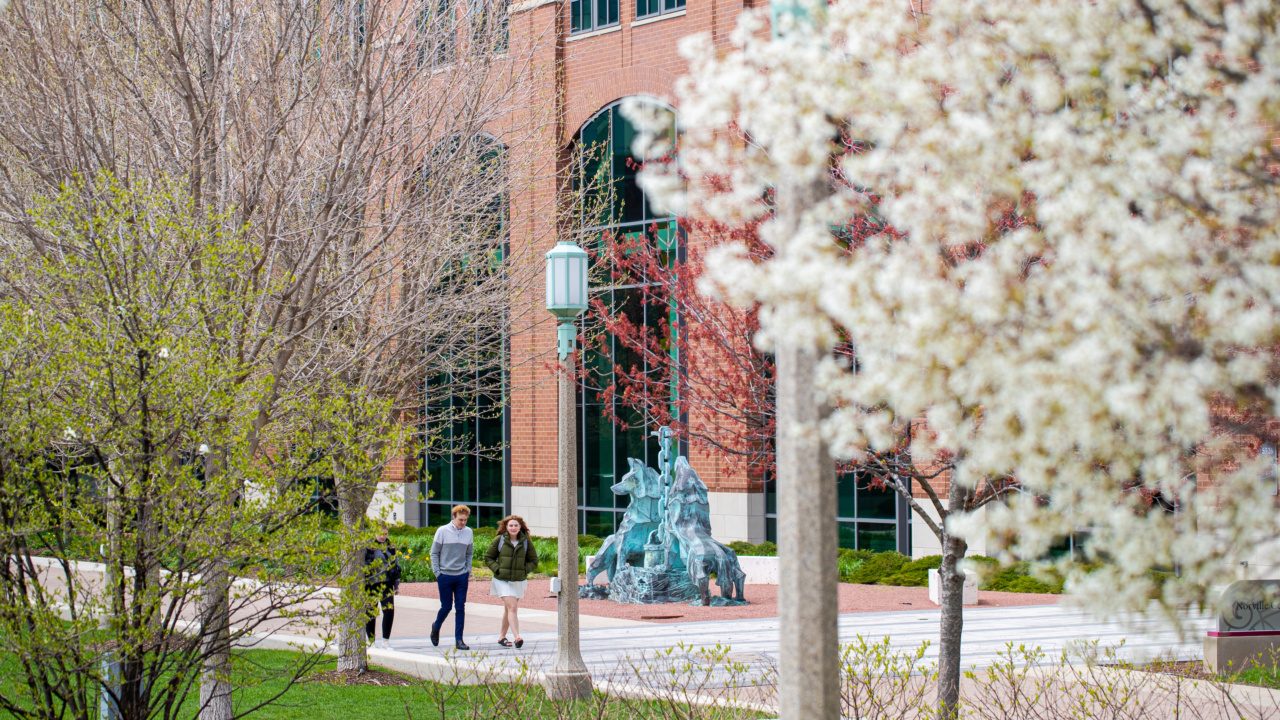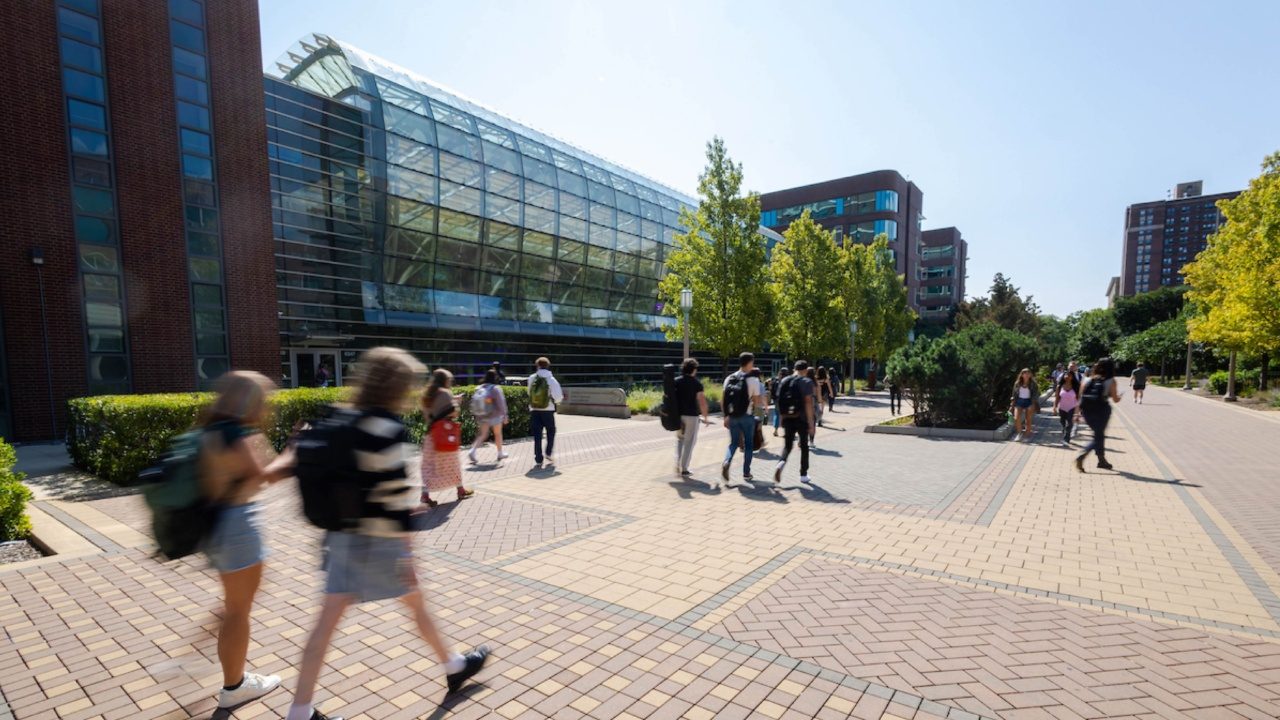Loyola University Chicago and Duke University Researchers Find Working-Class Representation in State Legislatures Stagnant in 2023
Of more than 7,300 lawmakers, only 116 (1.6 percent) have manual labor, service, clerical, or labor union backgrounds.

CHICAGO – February 27, 2024
In a recent national study of the occupational backgrounds of state legislators, researchers at Loyola University Chicago and Duke University found that out of more than 7,300 lawmakers nationwide, just 116 (1.6 percent) currently or last worked in manual labor, service industry, clerical, or labor union jobs.
This number represents a slight decrease from the prior legislative session, when researchers found 129 state legislators (1.8 percent) from working-class occupational backgrounds. In contrast, approximately 50 percent of the American labor force is made up of similar jobs, suggesting a stark disparity between the labor force and the elected leaders who represent them.
Using publicly available biographical information, political scientists Eric Hansen, PhD (Loyola) and Nicholas Carnes, PhD (Duke) collected data on the current or last main occupation held by each of the individuals serving in the nation’s 7,386 state legislative seats. The researchers worked to identify legislators whose current or last main occupations were in what they defined as “working-class” jobs: manual labor jobs like construction worker; service industry jobs like restaurant server; clerical jobs like receptionist; or jobs working for labor union organizations. The research did not count business owners, sole proprietors, or farm owners, but did count people employed by those groups.
Consistent with prior research, the study found vanishingly small numbers of people from working-class jobs in state legislatures in 2023: just 116 state legislators of the 7,386 seats nationwide. “In principle, anyone can run for office,” Carnes said, “but in practice, the people who are running and serving are overwhelmingly drawn from America’s professional classes.”
“This is a bipartisan issue,” Hansen added. “Only about 1 percent of Republicans and 2 percent of Democrats in state legislatures are coming from working-class occupations.”
In 2023, Alaska led the nation with 5 percent of its state legislature drawn from occupations that could be classified as working-class jobs. In 10 states, there was not a single lawmaker who currently or last worked in an occupation that could be classified as a working-class job: Arkansas, Louisiana, Mississippi, North Carolina, Oregon, South Carolina, Tennessee, Texas, Utah, and Virginia.
The complete dataset is available here (including data on the prior legislative session).
****
About Loyola University Chicago
Founded in 1870, Loyola University Chicago is one of the nation’s largest Jesuit, Catholic universities, with nearly 16,600 students. The University has four campuses: three in the greater Chicago area and one in Rome, Italy, as well as course locations in Vernon Hills, Illinois (Cuneo Mansion and Gardens), and a Retreat and Ecology Campus in Woodstock, Illinois. The University features 15 schools, colleges, and institutes. Ranked a leading national university by U.S. News & World Report, Loyola is also among a select group of universities recognized for community service and engagement by prestigious national organizations including AmeriCorps and the Carnegie Foundation. To learn more about Loyola, visit LUC.edu or follow us on Twitter via @LoyolaChicago.
About the College of Arts and Sciences
The College of Arts and Sciences is the oldest of Loyola University Chicago’s 15 schools, colleges, and institutes. More than 150 years since its founding, the College is home to 20 academic departments and 33 interdisciplinary programs and centers, more than 450 full-time faculty, and nearly 8,000 students. The 2,000+ classes that we offer each semester span an array of intellectual pursuits, ranging from the natural sciences and computational sciences to the humanities, the social sciences, and the fine and performing arts. Our students and faculty are engaged internationally at our campus in Rome, Italy, as well as at dozens of University-sponsored study abroad and research sites around the world. Home to the departments that anchor the University’s Core Curriculum, the College seeks to prepare all of Loyola’s students to think critically, to engage the world of the 21st century at ever deepening levels, and to become caring and compassionate individuals. Our faculty, staff, and students view service to others not just as one option among many, but as a constitutive dimension of their very being. In the truest sense of the Jesuit ideal, our graduates strive to be “individuals for others.” For further information about the College of Arts and Sciences, please visit our website.


